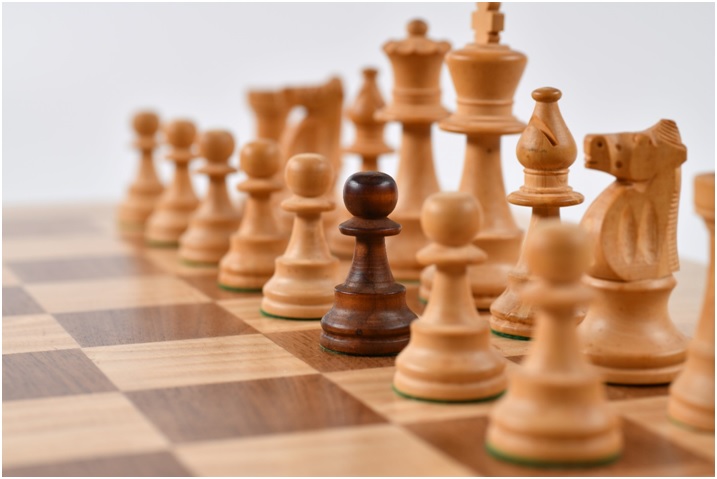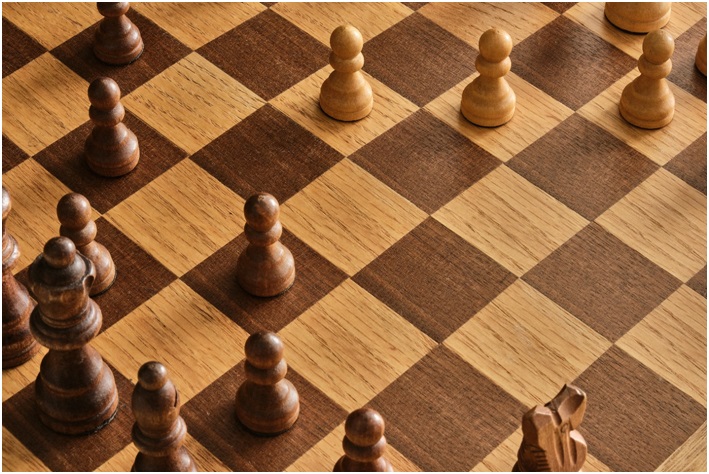Chess for Kids: A Beginning Teacher’s Guide

When we think of interesting games for children, chess may not be the first thing on our minds. After all, the sport itself is quite complex and can be daunting even for beginning adults. But teaching chess to kids is actually one of the best activities that enthusiastic chess parents can do.
As a sport, chess enhances one’s strategic and critical thinking, problem solving skills, and creativity–no matter the age or level. Chess for kids, however, doesn’t just enhance but lays a strong foundation for such attributes. Despite the complexity of the game, you’ll be pleasantly surprised to see just how fast kids can pick it up.
Looking for a guide to teaching your kids chess without becoming too overwhelming? We’ve got you! Check out this guide to chess lessons for kids.
How to teach your kids to play chess
Teaching your kids how to play chess is an incredibly rewarding process. Getting to see their mental acumen improve every time isn’t only thrilling–it’s also a point of pride. But taking your children from beginner to grandmasters isn’t an overnight process!
If you’re just starting to introduce them to choose or if you’re simply looking for ways to enhance your chess lessons and bonding sessions, then check out these tips:
Stay positive and supportive
A game like chess can become quite complicated and if it’s your child’s first time encountering or playing chess, then they might get a little frustrated. As the teacher, it is on you to help them stay positive. A good rule of thumb when teaching chess to kids is to remain positive and reassuring.
If you are teaching your young ones, it’s important to find the perfect balance between coach and parent. Being able to objectively assess and teach is important to ensure that your kids have the basics down pat. As many good coaches will tell you, positivity and support can take an individual even further and this is especially true in the case of younger learners.
Have patience
If you’re used to learning or teaching chess with adults, then dealing with children can be quite different. When you start your lessons or even when you’re just introducing the game, remember to stay patient. Each child has a different learning style and curve.
Like we’ve said, getting your child from beginner to grandmaster is not an overnight process. It will take time and many lessons. If you feel yourself getting frustrated, remember that you are teaching kids and it is completely normal for them to not get everything at the first try.

Relate chess to your child’s world
Sure, there are many benefits of playing chess–but children generally won’t understand that until they grow a bit older. So how do you encourage them to play chess? By relating it to them, of course!
Find a common point between chess and your child’s world. Are they a fan of fairy tales? Teach chess with a dash of Alice in Wonderland in the mix. Do they love board games? Introduce chess as another table top game they can enjoy. Peak your child’s interest in chess by relating it to them.
Have a regular chess schedule
Routine is your child’s best friend if you want them to learn quickly. Having a schedule is helpful for both you and your children as it can help them look forward to their chess lessons. A regular chess schedule also makes it easier for you to track what you’ve covered.
If you’ve hired a chess teacher for them, chances are they will set a schedule for lessons. However, if you will be teaching your kids on your own at home, having a routine for them will be more effective. Additionally, if your children already have a schedule, adding chess to it would also make planning easier.
Structure your chess lessons
Chess can get overwhelming for beginners, even as adults. When teaching children chess, having set and structured lessons can help you out. Depending on your children’s level, you can opt to have several subjects grouped together or you can go by each topic slowly.
While you won’t probably be going on a full blown lecture, having a short presentation that concisely explains the topic will help your children. A good rule of thumb when teaching is to have an application part as well. Once your “lesson” for the day is done, take some time for some exercises to assess how well the lesson was received.
Immerse your kids in chess-related media
The internet has made media quite accessible for everyone. If you want to peak your child’s interest in chess, exposing them to chess-related media is one step. Letting them see info on famous grandmasters like Magnus Carlsen, regular chess players like Nadav Berenstein, or even watching children’s shows about chess can really help develop a liking for chess.
Of course, it’s important to be vigilant about the media they consume. While there are excellent shows about chess, some are made for adults. Chess-related media for kids are in abundance and taking the time to chill and watch with your children can open up many possibilities.
Play with your child
The best way to teach your children chess is to play with them. Setting aside some time to do a couple of games with your little one outside of your regular lessons can make chess enjoyable for both you and your child. After all, more than anything, teaching your kids chess is about bonding with them.
Enjoy teaching chess to young ones
Even though chess isn’t the most physical of sports, it remains as one of the most intriguing games in the world. For chess lovers, being able to share their appreciation for the sport with their children or even younger siblings can be a great thing. And for chess itself, having younger people take in an interest in chess can open up new insights for the sport.
We hope that this guide on teaching kids how to play chess helps you connect better to young ones and helps them enjoy this exciting game even more.